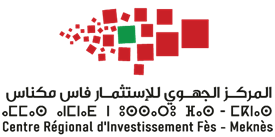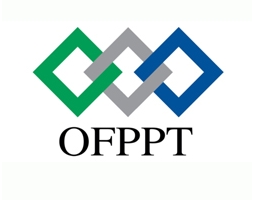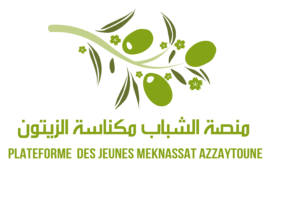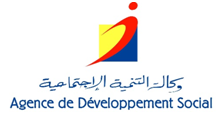To remedy the problem of the socio-professional integration of young people, the Sovereign has drawn up six guidelines which He has addressed to the government and the actors concerned, and which should be implemented as soon as possible:
- Undertake a comprehensive overhaul of public support mechanisms and programs for youth employment, to make them more effective and adapted to young people’s expectations.
- Give priority to specialties that make it possible to find a job and establish an effective system of early orientation.
- Review vocational training specialties in depth so that they meet the needs of businesses and the public sector.
- Put in place practical mechanisms to qualitatively improve incentives for young people to create small and medium-sized enterprises.
- Establish new mechanisms to integrate part of the informal sector into the formal sector.
- Set up, at the level of each establishment, a compulsory program spread over a period of three to six months, aimed at upgrading students and trainees in foreign languages.
The CGEM, in its reports on employment in the Region, thinks that the job offer remains closely linked to the demands of employers who are the State, the Communities and the Private sector. Indeed, the first 2 are practically stagnant, remains the Private. The latter’s demand for jobs remains dependent on its growth and development, on the increase in its investments, themselves conditioned by: The macro-economic growth of the country (GNP) which depends on the general policy of the government, its macro-economic priorities… or even the climate (rain) and the evolution of the international political situation.
Improving the business climate and the general environment for entrepreneurship is really the vector where the Region is called upon to act quickly and in a profound way. Facilitation of business creation, simplification of procedures, wider openness to the University, engineering and business schools, and encouragement of self-employment and the creation of micro-enterprises are the avenues to be explored collectively by the actors of the region.
For this, three structures have been set up at UMI to strengthen its openness to the world of business:

A Center for Innovation and Technology Transfer (CITT) which reopened on March 28, 2019.
The UMI’s CITT is equipped with high-performance biological, chemical and environmental analysis platforms. It aims, among other things, to:
- Promote research, innovation and the transfer of research results at UMI, strengthen cooperation, encourage and support creativity and innovation within the university and the region ;
- Contribute to the development of innovative research;
- Increase UMI’s innovation patent portfolio ;
- Promote technology transfer between UMI’s research structures and the business world;
- Attract know-how and strengthen regional competitiveness.
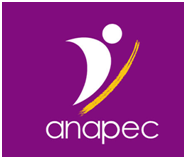
An ANAPEC University Agency, the result of an agreement signed between UMI and ANAPEC in 2017, through which the two institutions undertake to promote the service offer of their partners and to encourage companies to use these services.
ANAPEC should encourage partner companies to use UMI to develop their training engineering and implement their training plans. Conversely, the UMI encourages companies with recruitment needs to entrust their job offers to ANAPEC.
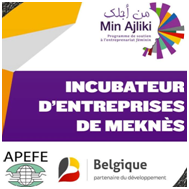
A Meknes Business Incubator inaugurated by Moulay Ismail University UMI on February 27, 2018, in partnership with the Association for the Promotion of Education and Training Abroad (APEFE), the National Agency for Promotion of Employment and Skills (ANAPEC), the Association of Women Business Leaders of Morocco (AFEM) and the Social Development Agency (ADS) in addition to the Belgian development partner. The creation of this incubator aims to :
- Develop the spirit of setting up a project among young students with business creation ideas by creating exchanges between university professors and the experts who will accompany these young people in the realization of their projects ;
- Conceptualize and structure UMI’s incubator offer ;
- Strengthen the skills of a team of teacher-researchers and staff of the UMI to pilot and animate the project ;
- Networking and pooling with universities in the region AUI, USMBA, UEMF, ENA…
- Develop lines of research and training offers on entrepreneurship and employability.
In addition, the UMI is in the process of creating a university entrepreneurial ecosystem by capitalizing on the structures created in recent years within the framework of cooperation with national and international organizations by organizing and creating a platform of synergy and complementarity between these interventions. It is :
- Min Ajliki program to promote female entrepreneurship with the Association for the Promotion of Education and Training Abroad (APEFE)
- INJAZ AL MAGHRIB program.
- Youth Employment Program supported by DGD-Belgium and implemented in Morocco by ENABEL/APEFE.
- The CAPE (Student employment support center) of the UMI
- Other interventions implemented with ANAPEC and the CRI of the Fez-Meknes Region.
The essential contribution of this organization and the platform that goes with it will play a unifying role for all these stakeholders within the entrepreneurial ecosystem.
